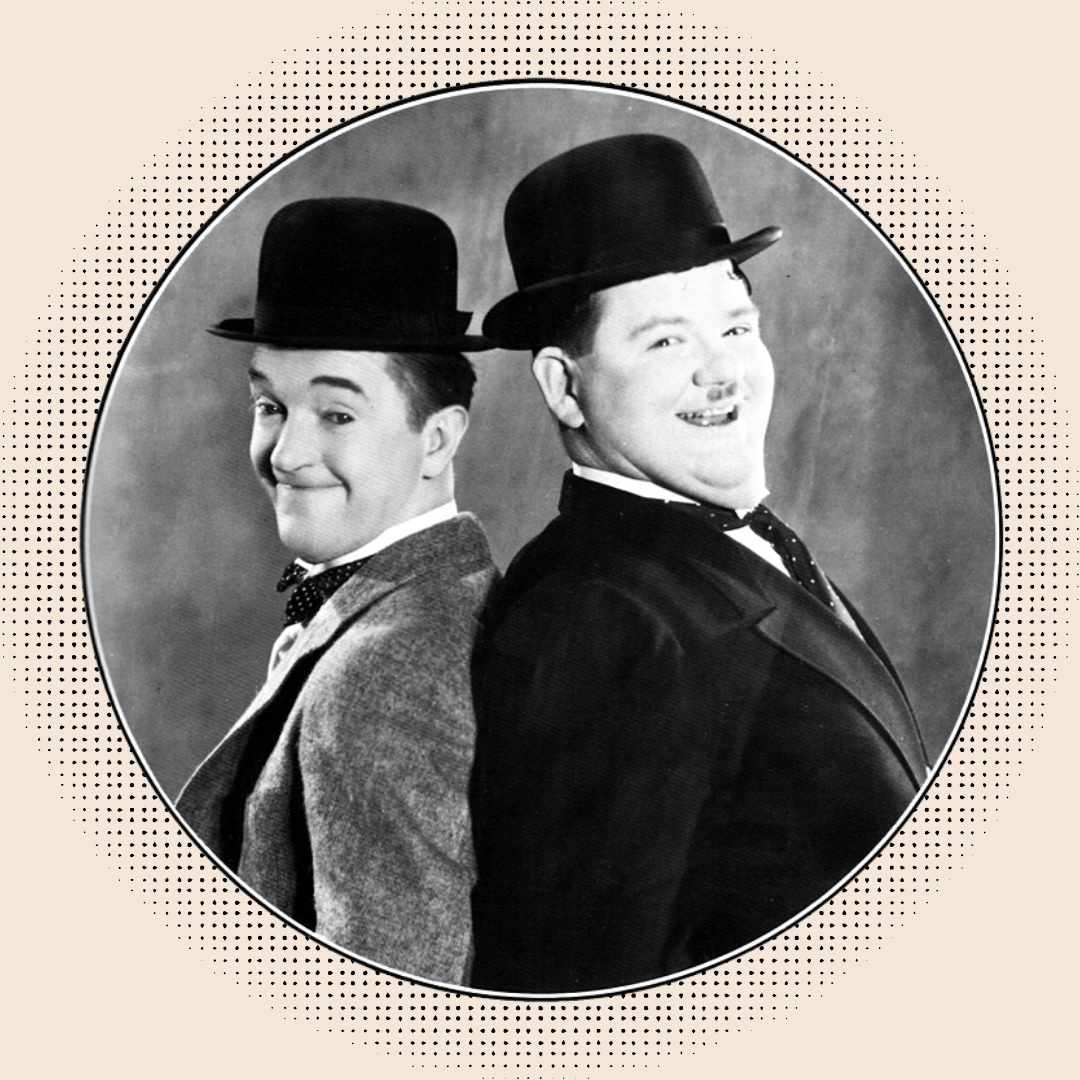We see endless fitness, wellness, self-care, and diet trends appearing on TikTok every day. On the one hand, you have 0-size women sharing diets and exercise routines, making most young girls feel inadequate and fat. And on the other hand, overweight women preaching body positivity and self-love, which, per se, is a good thing. But as people tend to take things always a bit too far, the new diet culture cries “body shame” at anyone who dares say that an overweight body is not a healthy body. And sadly, the body positivity movement that’s invaded social media in recent years may be taking a wrong turn and putting people’s health at risk.

Recently, the fitness expert and celebrity trainer Jillian Michaels went viral because her comments about the singer Lizzo caused heated discussions. During an interview, Michaels asked, “why are we celebrating her body instead of her music? Because it isn’t going to be awesome if she gets diabetes“.
She then added, “If you said to me, ‘Hey, Lizzo can live to be 90 and motivate people, or she can die at 60 and motivate people,’ why wouldn’t I say I hope she’s as healthy as she can be? It’s not about saying that I don’t respect her, I don’t think she’s awesome. I absolutely do. But I also would hate to see her get sick“. Nevertheless, her comment backfired, and many reacted angrily, saying Michaels was trying to body shame the singer.
.@JillianMichaels on Lizzo: “Why are we celebrating her body? Why does it matter? Why aren’t we celebrating her music? ‘Cause it isn’t gonna be awesome if she gets diabetes.” pic.twitter.com/FkKBd8J87b
— AM2DM by BuzzFeed News (@AM2DM) January 8, 2020
What exactly is to body shame someone?
According to Cambridge, body shaming is the criticism of someone based on the shape, size, or appearance of their body. In other words, to think less of, exclude or not respect someone because of physical traits. But lately, this very on-trend expression is being overused and misused on social media.
Fashion, body shame and healthy bodies
The fashion industry has body-shamed women for decades, showing anorexic models on the catwalk and fashion magazines as beauty standards. In the past years, we’ve seen an attempt of fashion brands to be more inclusive. Unfortunately, the industry hasn’t found yet the right way to tackle this issue. Not wanting to body shame, some fashion brands show now overweight models next to anorexic-looking ones, when in reality, both extremes are not examples of a healthy body.

Additionally, by glamorising these extremes, the fashion industry seems to forget average women, which are, in fact, the vast majority. And only a few brands are truly being inclusive by having models of all ages and shapes, including women with Down syndrome and little persons.
Where lies the line between body shame and healthy body?
Although inclusivity is crucial and nobody should ever be body shamed or excluded because of their appearance, this doesn’t mean we should pretend obesity isn’t a health problem. And honest conversations about a healthy body shouldn’t necessarily be considered an attempt to body shame those who are overweight.
I think we’re politically correct to the point of endangering people.
Jillian Michaels
It is important to stress that weight and size don’t make anyone less or more deserving of respect and love, but they do have relevance in our health. Being dangerously thin or dangerously fat causes serious health issues. But the body positivity trend pretends it doesn’t, which is not only irresponsible but also precarious. As we well know, obesity is the number one cause of diabetes, heart disease, and cancer, among other health issues.
We are completely against all kinds of body shaming, but we believe you should take good care of your body because you love yourself and want to live a long and healthy life.
Photos via Shutterstock and wikimedia commons
